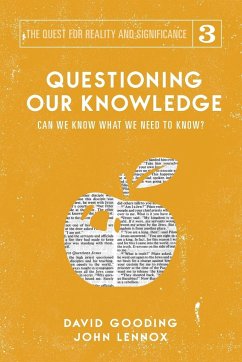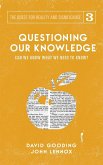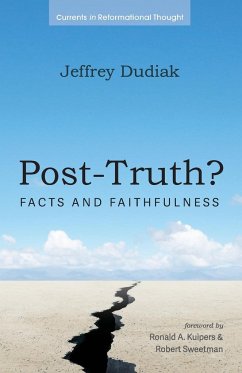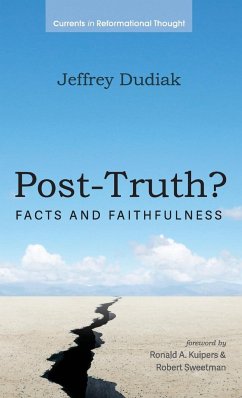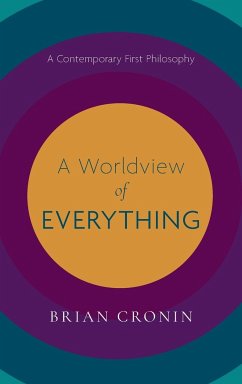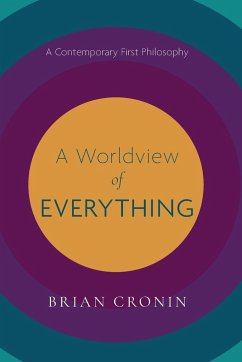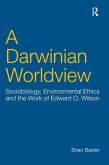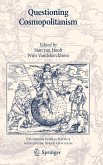We need a coherent picture of our world. Life's realities won't let us ignore its fundamental questions, but with so many opposing views, how will we choose answers that are reliable? In this series of books, David Gooding and John Lennox offer a fair analysis of religious and philosophical attempts to find the truth about the world and our place in it. By listening to the Bible alongside other leading voices, they show that it is not only answering life's biggest questions-it is asking better questions than we ever thought to ask. In Book 3 - Questioning Our Knowledge, Gooding and Lennox discuss how we could know whether any of these competing worldviews are true. What is truth anyway, and is it absolute? How would we recognize truth if we encountered it? Beneath these questions lies another that affects science, philosophy, ethics, literature and our everyday lives: how do we know anything at all?
Hinweis: Dieser Artikel kann nur an eine deutsche Lieferadresse ausgeliefert werden.
Hinweis: Dieser Artikel kann nur an eine deutsche Lieferadresse ausgeliefert werden.

